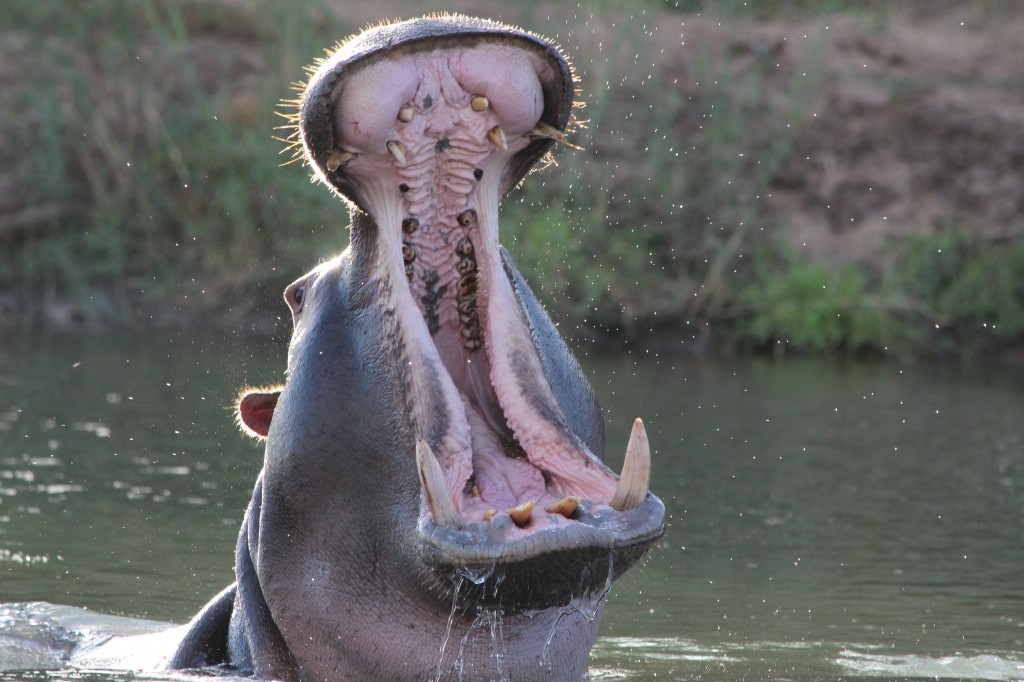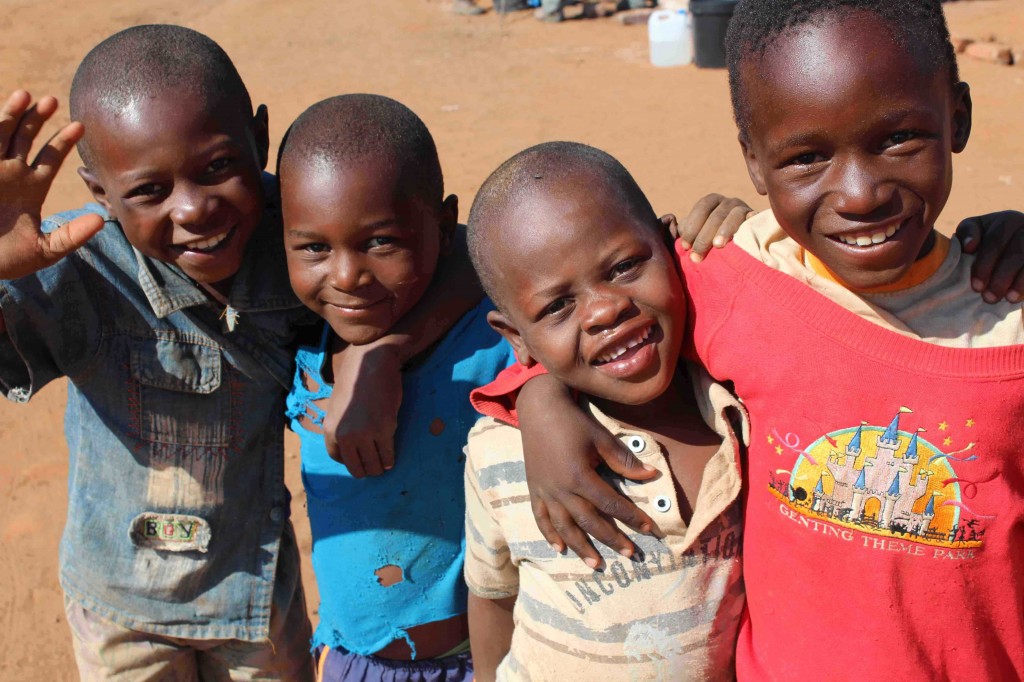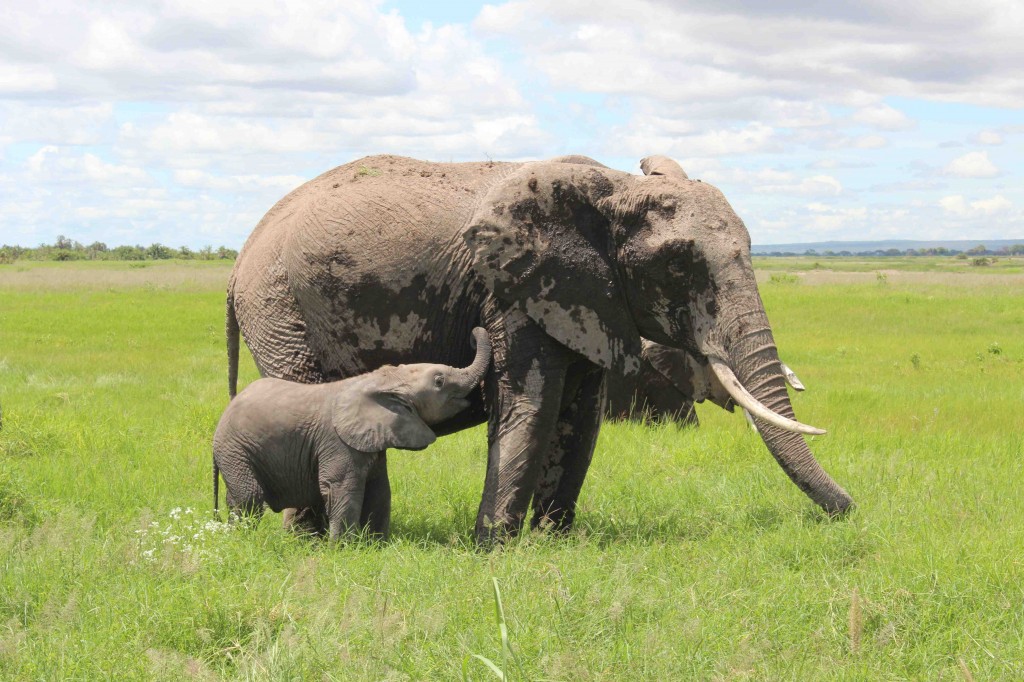I've lost touch of the number of people who have written to me over the years asking how to get some practical experience in conservation by volunteering in Africa. So here it is at last - my list of volunteering suggestions!
Bear in mind that honestly the biggest way that you can make a difference is by going on a safari with a company that works in partnership with local communities. The BEST kind of tourism is that which ensures that local communities are benefiting directly through jobs, income and development projects (like schools), because this stops local people poaching and makes them the ultimate protectors of the wildlife. When locals benefit from wildlife through ethical tourism, the wildlife is their asset, not just a burden on their livelihoods. Having said that, volunteering will give you useful practical experience and is often a great way to get up close and personal with rehabilitated wildlife. One thing you could consider is combining an ethical safari with some volunteering. Or join one of the safaris I lead, like the one I'm taking to the Okavango in November, because I've hand picked the camps we go to so that our dollars make a difference. Get in touch with me here if you'd like some ideas.
 Photo credit: Harnas, Namibia
Photo credit: Harnas, Namibia
Okay, so firstly, times have changed since I first volunteered as a budding seventeen year old with the Whittalls in the Save Valley Conservancy back in 1995. Nowadays, you usually have to volunteer through an established volunteering organisation, and that does cost money. There are risks associated with looking after volunteers in Africa and these organisations not only have their own costs, but they also often need (and should) contribute to local conservation and communities, all of which means you might be volunteering your time, but it's not for free. Often there's also a minimum stay. Keep this in mind when you're looking at options.
Here's a short list of a few options that I've heard offer good volunteering opportunities. If you know any volunteer operations in Africa that you've been with or have heard good things about, please share them in the comments below.
Turgwe Hippo Trust - Zimbabwe
Run by the original founder, Karen Paolillo, the Turgwe Hippo Trust is just about the most personal volunteering experience you will get. Her home, where you stay in a very comfortable room by the house, is a wildlife mecca on the bank of the Turgwe River. It's a divine place to commune with monkeys, baboons and all manner of other creatures who feel safe there. I volunteered with Karen when I was studying at university many moons ago and the experience was really worthwhile. There are few places in the world (if any) where you'll get the same experience learning about the behaviour of hippos that Karen knows and has studied for decades. Learn more about this experience here.
 Hippo at Turgwe Hippo Trust (photo: Tammie Matson)
Hippo at Turgwe Hippo Trust (photo: Tammie Matson)
Elephant Human Relations Aid (EHRA) - Namibia
While I don't have first hand experience with EHRA, I have heard good things about what they're doing. Their focus is on mitigating human-elephant conflict between people in north-west Namibia and desert-dwelling elephants. It's a breath-taking part of the world where they operate in the southern Kunene region of Namibia and their focus is on collecting data on elephant movements, protecting water points from elephants and education of local people.
 Photo Credit: EHRA
Photo Credit: EHRA
Save The Elephants - Kenya
Each year, Save The Elephants, started by the pioneering elephant conservationist, Dr Iain Douglas-Hamilton, takes a small number of internships for those intending to pursue university studies and a career in conservation. Me thinks this would be as good an experience as you could get if you fancy yourself as a budding elephant conservationist.
Harnas, Namibia
Located near Gobabis in Namibia's Kalahari Desert, the Harnas volunteering experience is all about getting up close and personal with the animals that are being rehabilitated there. I've heard good things from people who have volunteered at Harnas and you can also be an 'exclusive voluntourist' which means you can both volunteer with the wildlife and experience a little luxury at the same time. No harm in that, I reckon!
 Photo credit: Harnas, Namibia
Photo credit: Harnas, Namibia
One question you should always ask before you volunteer anywhere is what conservation impacts the group is having, to make sure it is really making a difference and not just talking the talk. These ones here are just a few examples and there are lots more out there. I'd like to hear from you so leave a comment here about where you've volunteered and what it was like!


